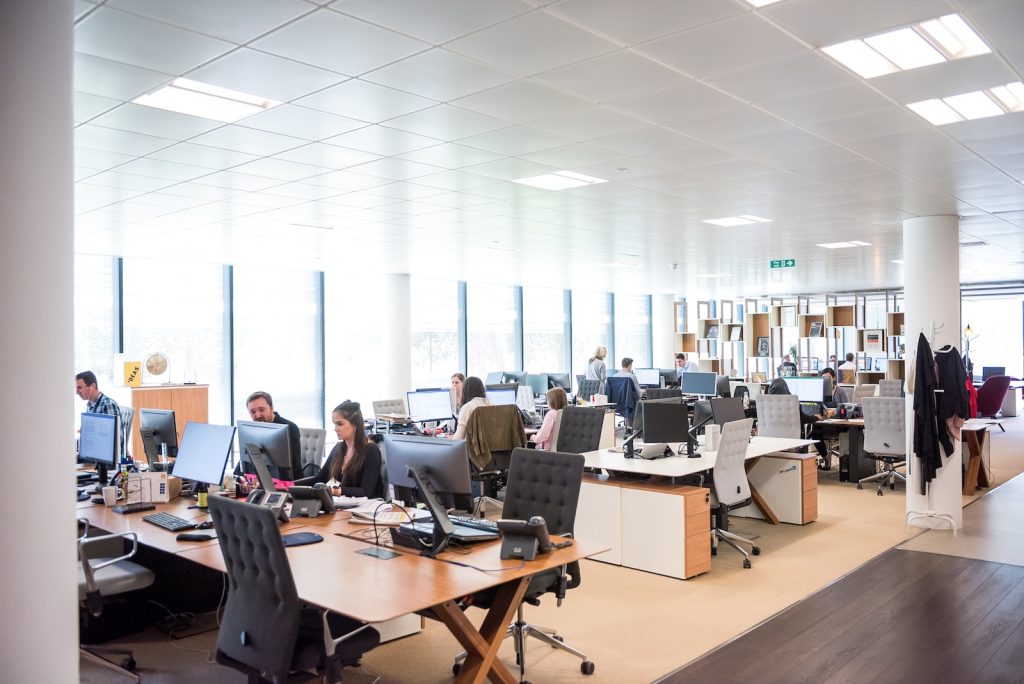Workplace compliance is crucial for ensuring fair and safe working conditions for employees. It is the responsibility of employers to adhere to labor laws and regulations to protect the rights and well-being of their workforce. However, ensuring compliance can be a challenging task, which is where the vital role of labor inspection comes into play. Labor inspection plays an essential function in monitoring and enforcing workplace compliance, which ultimately benefits both employers and employees.
Why Workplace Compliance is Crucial

Workplace compliance is crucial for several reasons. Firstly, it ensures that employees are treated fairly and are provided with appropriate working conditions. Compliance with labor laws safeguards against exploitation, discrimination, and unsafe working environments. Secondly, it helps prevent unfair competition among businesses. When all employers adhere to the same standards, it creates a level playing field and promotes fair business practices.
The Essential Function of Labour Inspection
Labour inspection plays a pivotal role in monitoring and enforcing workplace compliance. Inspectors are responsible for conducting regular visits to workplaces to assess if they are complying with labor laws and regulations. They inspect various aspects, such as working conditions, employee contracts, health and safety measures, and payment of wages. Through their inspections, labor inspectors ensure that employers adhere to the legal requirements and take appropriate actions to rectify any violations.
Ensuring Fair and Safe Working Conditions
One of the primary goals of labor inspection is to ensure fair and safe working conditions for employees. Inspectors assess whether employers provide adequate health and safety measures, such as proper ventilation, protective equipment, and emergency exits. They also verify that employees receive fair wages, work reasonable hours, and have appropriate leave entitlements. By enforcing these standards, labor inspection contributes to creating a conducive and secure work environment for employees.
The Consequences of Inadequate Compliance
The consequences of inadequate workplace compliance can be severe. Employees may experience exploitation, including unfair wages, excessive working hours, or even physical and verbal abuse. Inadequate compliance also leads to a lack of job security, which can negatively impact an employee’s overall well-being. Moreover, businesses that fail to comply with labor laws face legal penalties, reputational damage, and the potential loss of customers and employees.
Enhancing Compliance through Labour Inspections
Labour inspections play a crucial role in enhancing workplace compliance. By conducting regular visits and assessing compliance levels, labor inspectors can identify areas of improvement and recommend necessary actions to employers. Inspections act as a deterrent for non-compliance, as businesses are aware that they will be held accountable for any violations. Additionally, labor inspectors provide guidance and support to employers, helping them understand and implement labor laws effectively.
How Labour Inspection Benefits Employers and Employees
Labour inspection benefits both employers and employees. For employers, it ensures that they are operating within legal boundaries, reducing the risk of legal repercussions and reputational damage. A compliant workplace also promotes employee satisfaction, productivity, and loyalty, resulting in a more stable and successful business. Employees, on the other hand, benefit from fair and safe working conditions, which enhance their overall well-being and job satisfaction. Labour inspection acts as a safeguard, ensuring that workers’ rights are protected and that they are treated fairly by their employers.
In conclusion, workplace compliance is crucial for creating fair and safe working conditions, and labor inspection plays a vital role in ensuring compliance. Through their monitoring and enforcement activities, labor inspectors contribute to the well-being of both employers and employees. By enhancing compliance, labor inspections promote a level playing field among businesses, protect workers’ rights, and ultimately contribute to a more just and prosperous society.




